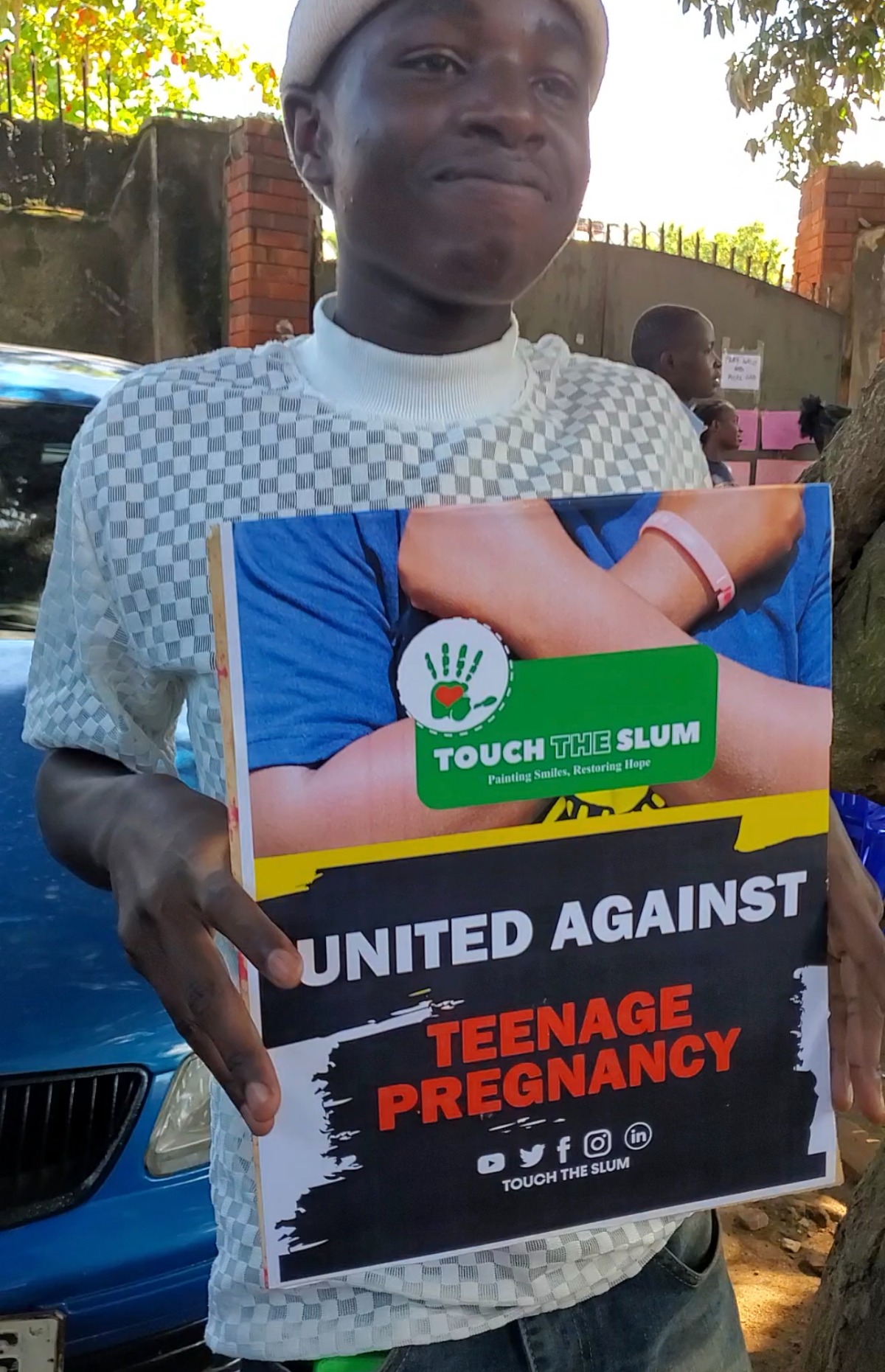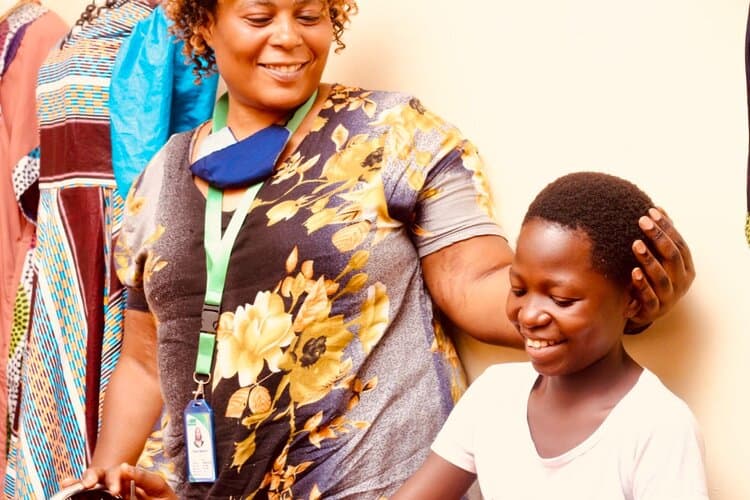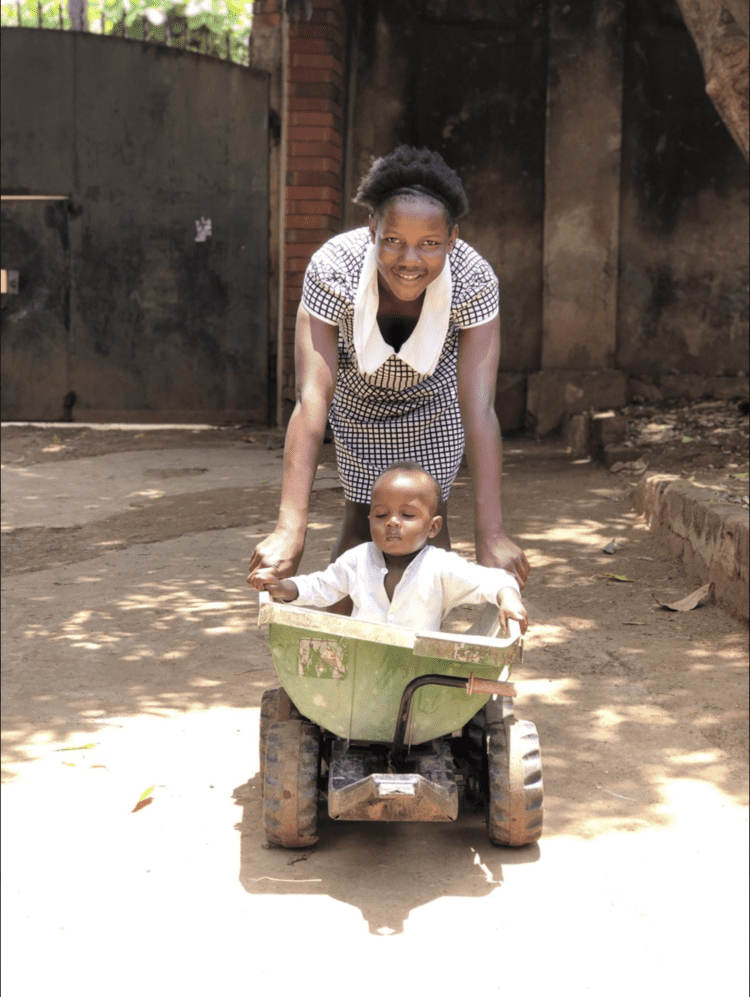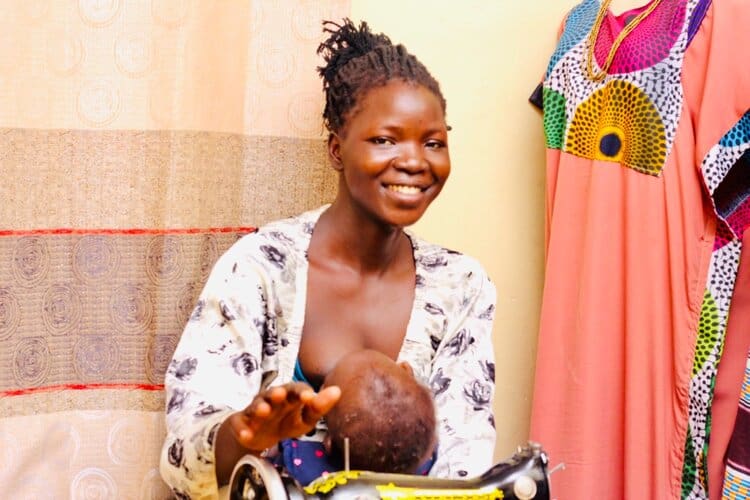When Things Are “Mostly” Free
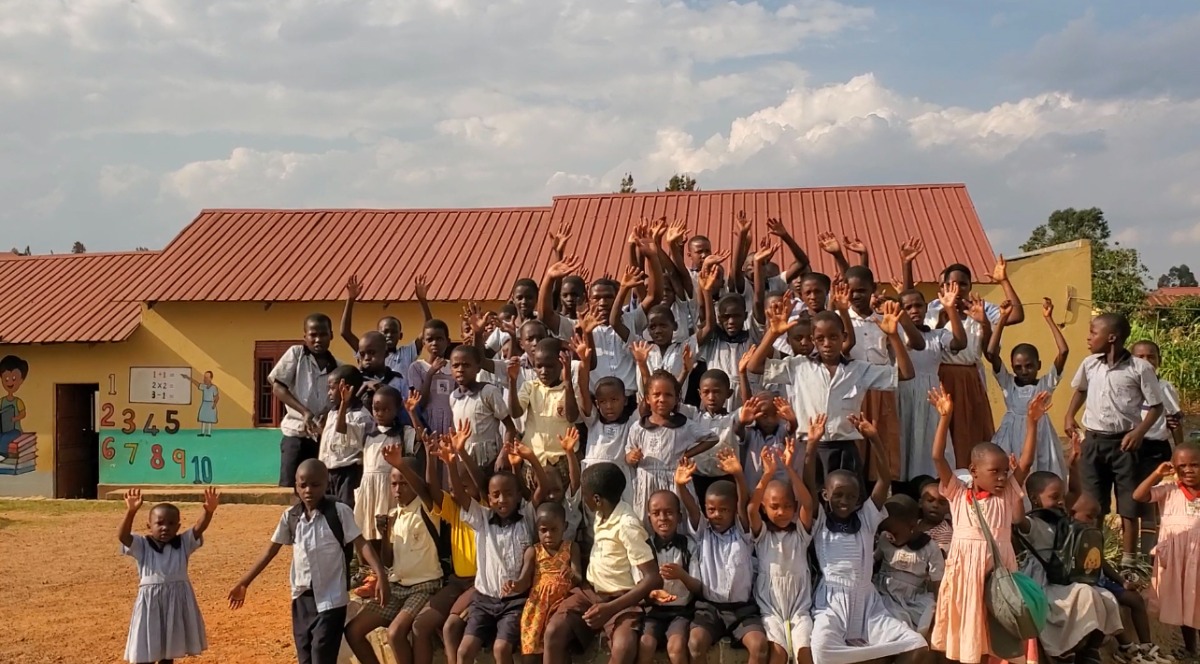
Have you ever been up in the middle of the night, finding yourself watching infomercials (am I showing my age here?!), ready to dial in for some FREE STUFF?
If you did, you likely discovered that the FREE STUFF cost you money to ship, or required a subscription, or some other back-door way of getting your money.
Uganda’s school “system” is like this.
First, there is no system. Not locally, regionally, or nationally. There are a very few “government schools” but not in the sense we in America and the West understand them. They aren’t open to everyone, and they aren’t free.
Second, “school” is a bit generous! They use a very antiquated semi-British colonial system requiring rote learning and endless repetitions of facts. Most are hugely underfunded, teacher pay is terrible, and the pandemic lockdowns where schools were closed for almost 2 years shifted many good teachers into other jobs.
Third, even at a government school, it’s not “free.” Students are required to bring many of the things we would consider the school’s responsibility, like toilet paper and brooms. They are required to wear uniforms including shoes, which many Ugandans don’t have. They have to bring paper and pencils and pay for testing. Even in a free school! If it’s a fee-based school, even if it’s very inexpensive, they have to pay at the beginning of each term.
This is why only about 60% of Ugandan children go to primary school on any regular basis, and less than half of those go on to Secondary. This is doubly true for girls, who many families refuse to spend money on.
This is why a program like Touch the Slum is so vital to the vulnerable teen girls in the slum. We actually ARE free. 100%, never-any-cost FREE.
We provide Literacy, Skills, food, medical care, daycare, sanitary pads, diapers, clothes and shoes, mosquito nets, water bottles, and, to those especially vulnerable, assistance to the family. AT NO COST.
I don’t know about you, but to me…. that’s what FREE means!
How do we do it?
YOU! You and others donate so our girls can create a self-sustaining life. It’s pretty amazing — and we can’t thank you enough for the impact you are making every single day.
Mwebele nnyo!
Jennings
PS We’re halfway there on our reviews at GreatNonprofits – can you take a couple of minutes to leave one today??
PSS We’ve got a bunch of projects up right now on DonorSee, like this one for disposable diapers for our 20 teen moms. But check them all out, watch some videos, and see what we’re up to every day!
To visit our website, click here! And for great tees and sweatshirts supporting 1018, check out our Bonfire page here!
When Things Are “Mostly” Free Read More »

